Photo AI
Last Updated Sep 26, 2025
Character Analysis Simplified Revision Notes for A-Level OCR English Literature
Revision notes with simplified explanations to understand Character Analysis quickly and effectively.
490+ students studying
Character Analysis
Viola
Overview
Viola, the protagonist of Shakespeare's "Twelfth Night," is a shipwrecked young noblewoman who disguises herself as a male page named Cesario. This disguise leads to a complex web of romantic entanglements as she serves Duke Orsino, with whom she falls in love, while Lady Olivia, the object of Orsino's affection, falls in love with Cesario. Viola's resourcefulness, intelligence, and emotional depth make her one of Shakespeare's most endearing and resilient characters.
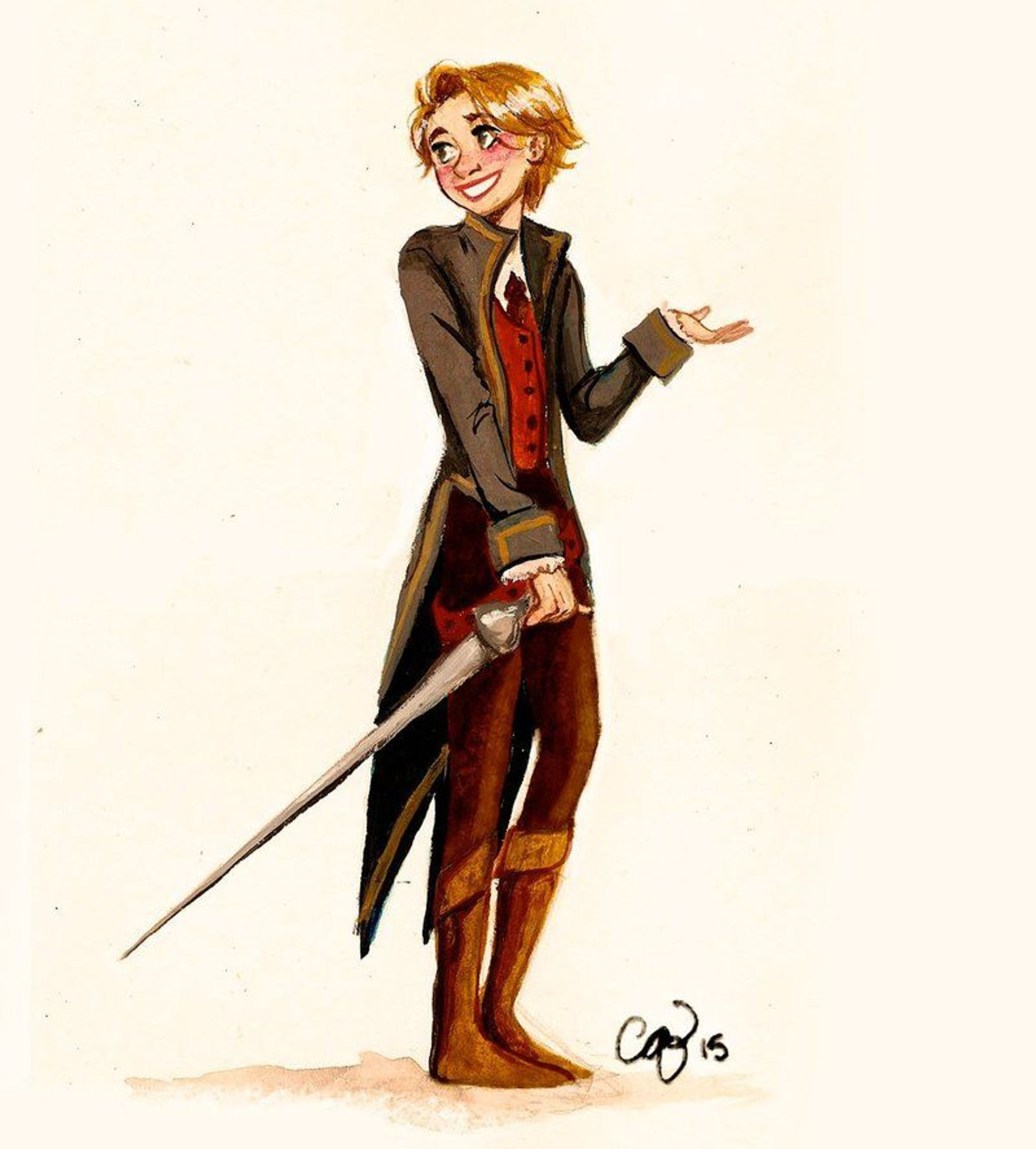
Key Moments in the Play
- Viola's Disguise (Act 1, Scene 2): Viola decides to disguise herself as a pageboy named Cesario to serve Duke Orsino.
- This moment sets the stage for the central conflicts and misunderstandings of the play.
- Viola's First Meeting with Olivia (Act 1, Scene 5): Viola, as Cesario, meets Olivia to convey Orsino's love, but Olivia becomes enamoured with Cesario.
- Olivia's immediate attraction to Cesario intensifies the love triangle and highlights Viola's predicament.
- Viola's Confession to Orsino (Act 2, Scene 4): Viola, still disguised, subtly reveals her love for Orsino while discussing love in general.
"My father had a daughter loved a man, As it might be, perhaps, were I a woman, I should your lordship." (Act 2, Scene 4)
- This quote shows Viola's hidden feelings and her struggle to express her true identity.
- Revelation and Resolution (Act 5, Scene 1): Viola's identity is finally revealed when Sebastian appears, resolving the confusion.
"Give me thy hand And let me see thee in thy woman's weeds." (Act 5, Scene 1)
- Orsino's acceptance of Viola as a woman and his proposal signifies the resolution of the main conflict.
Key Themes
- Identity and Disguise: Viola's disguise as Cesario explores themes of identity, gender, and the fluidity of roles.
- Her ability to navigate both male and female spheres showcases the complexities of identity.
- Love and Desire: The play examines different forms of love—romantic, platonic, and self-love—through Viola's interactions with Orsino and Olivia.
- Viola's sincere love contrasts with the more performative expressions of love by Orsino and Olivia.
- Deception and Performance: Viola's disguise leads to numerous deceptions and misunderstandings, highlighting the performative aspects of social roles.
- The play suggests that all characters engage in some form of deception or self-delusion.
Key Quotes
"Thy small pipe Is as the maiden's organ, shrill and sound, And all is semblative a woman's part." (Act 1, Scene 4)
- Orsino comments on Cesario's (Viola's) feminine appearance and voice.
- This quote underscores the gender ambiguity central to Viola's disguise and the ensuing confusion.
"Lady, you are the cruell'st she alive If you will lead these graces to the grave And leave the world no copy." (Act 1, Scene 5)
- Viola, as Cesario, uses poetic language to persuade Olivia to reciprocate Orsino's love.
- This moment highlights Viola's wit and ability to use her disguise to influence others.
"Make me a willow cabin at your gate And call upon my soul within the house; Write loyal cantons of contemned love And sing them loud even in the dead of night." (Act 1, Scene 5)
- Viola, as Cesario, passionately describes what she would do if she were in Orsino's place.
- The speech reveals Viola's deep understanding of love and her ability to articulate it sincerely.
"My father had a daughter loved a man, As it might be, perhaps, were I a woman, I should your lordship." (Act 2, Scene 4)
- Viola hints at her love for Orsino while discussing her "sister's" love.
- This quote illustrates Viola's internal conflict and the poignancy of her unspoken love.
"Give me thy hand And let me see thee in thy woman's weeds." (Act 5, Scene 1)
- Orsino asks to see Viola in her true form after her identity is revealed.
- This request signifies the resolution of the play's conflicts and the acceptance of Viola's true identity.
Orsino
Overview
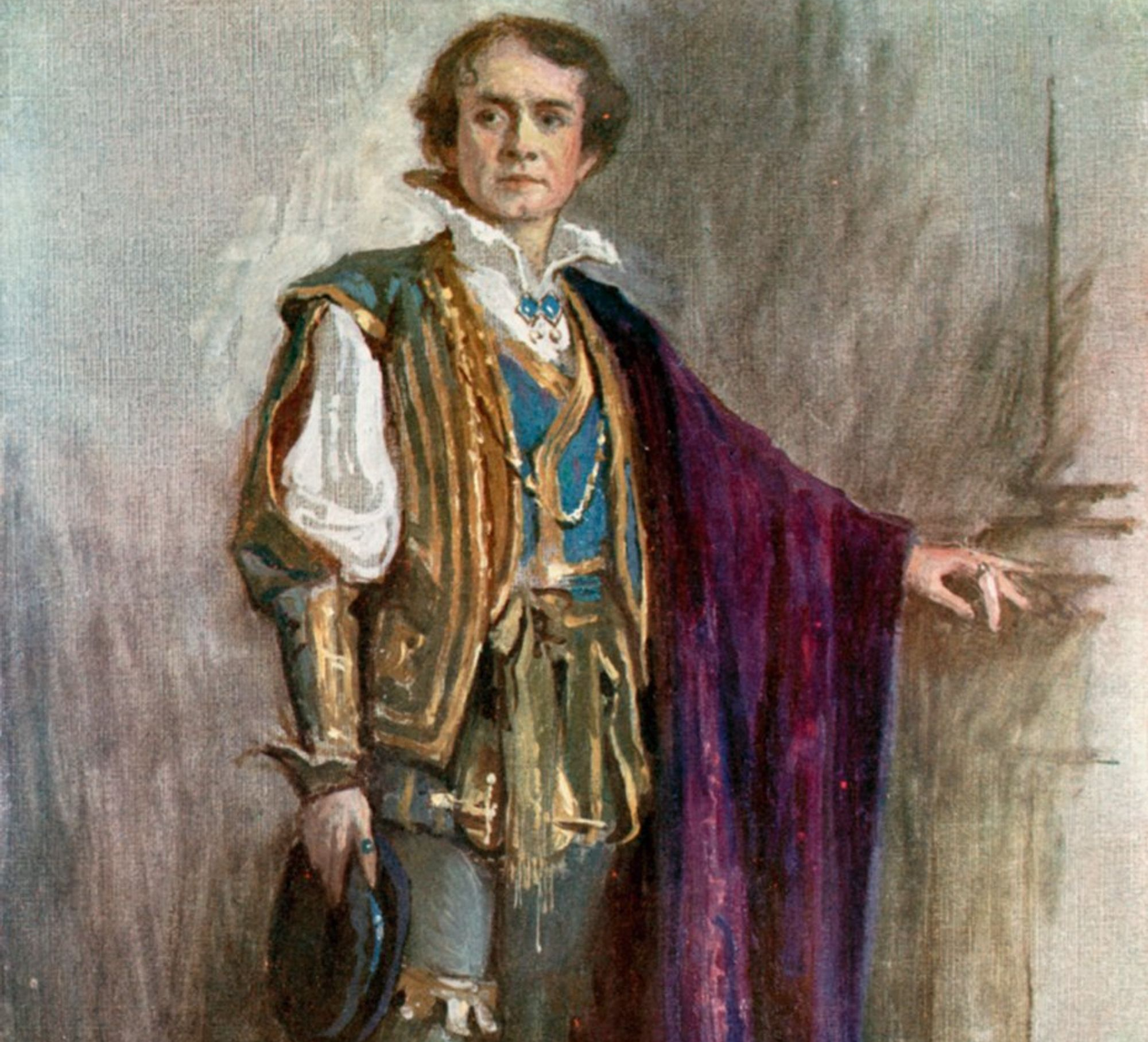
Orsino, the Duke of Illyria in "Twelfth Night," is a nobleman obsessed with the idea of love. His infatuation with Lady Olivia demonstrates his melodramatic nature and his tendency to idealize romance. Orsino's character explores themes of love's folly and self-indulgence, and he transforms as he shifts his affections from Olivia to Viola by the play's end.
Key Moments in the Play
- Opening Speech (Act 1, Scene 1): Orsino laments about love while listening to music, declaring his unrequited love for Olivia.
"If music be the food of love, play on, Give me excess of it; that, surfeiting, The appetite may sicken, and so die." (Act 1, Scene 1)
- This quote shows Orsino's melodramatic and indulgent attitude towards love, highlighting his romantic idealism and emotional excess.
- Sending Cesario to Olivia (Act 1, Scene 4): Orsino sends Viola, disguised as Cesario, to woo Olivia on his behalf.
"I have unclasped To thee the book even of my secret soul." (Act 1, Scene 4)
- This indicates the depth of trust Orsino places in Cesario (Viola) and sets the stage for the complex love triangle.
- Realization and Proposal (Act 5, Scene 1): Orsino discovers Cesario's true identity as Viola and quickly shifts his affections to her.
"Give me thy hand And let me see thee in thy woman's weeds." (Act 5, Scene 1)
- This marks Orsino's acceptance of Viola's true self and his sudden shift in romantic interest, revealing his fickleness in love.
Key Themes
- The Folly of Romantic Love: Orsino's exaggerated expressions of love for Olivia illustrate the irrational and performative aspects of romantic infatuation.
- Self-Indulgence and Narcissism: Orsino's self-absorbed melancholy and his enjoyment of his own emotions demonstrate a narcissistic aspect of his character.
- Transformation and Realization: Orsino's eventual recognition of Viola's true identity and his proposal to her signify a transformation in his understanding of love, from superficial to genuine.
Key Quotes
"If music be the food of love, play on, Give me excess of it; that, surfeiting, The appetite may sicken, and so die." (Act 1, Scene 1)
- Orsino uses music to indulge in his melancholic love for Olivia.
- The quote exemplifies his excessive and performative approach to love, where he seeks to immerse himself in the feelings to the point of excess.
"So full of shapes is fancy That it alone is high fantastical." (Act 1, Scene 1)
- Orsino reflects on the nature of love as an ever-changing and imaginative force.
- This highlights the whimsical and fantastical elements of Orsino's perception of love, contributing to his romantic idealism.
"Thy small pipe Is as the maiden's organ, shrill and sound, And all is semblative a woman's part." (Act 1, Scene 4)
- Orsino comments on Cesario's (Viola's) feminine appearance and voice.
- This underscores the gender ambiguity central to the play and Orsino's obliviousness to Viola's true identity.
"Give me thy hand And let me see thee in thy woman's weeds." (Act 5, Scene 1)
- Orsino asks to see Viola in her true form after her identity is revealed.
- This request signifies Orsino's acceptance of Viola's true identity and his sudden shift in romantic interest from Olivia to Viola.
Olivia
Overview
Olivia, a wealthy noblewoman in "Twelfth Night," is initially portrayed as a melancholic character mourning her brother's death. Her character evolves as she becomes infatuated with Cesario (Viola in disguise). Olivia's journey highlights themes of grief, love, and the confusion of identity.
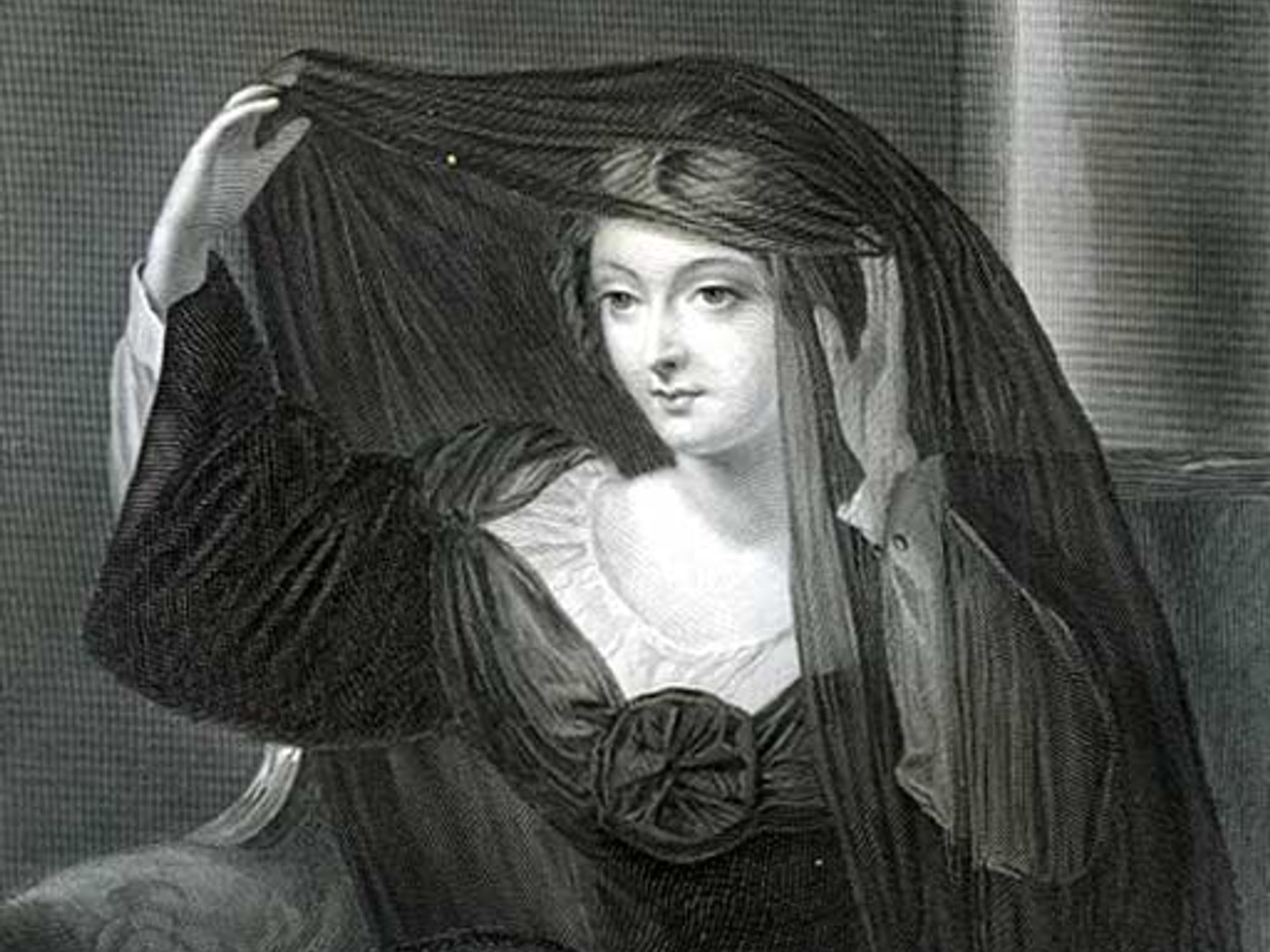
Key Moments in the Play
- Rejection of Orsino (Act 1, Scene 5): Olivia refuses to entertain Orsino's suit and vows to mourn her brother for seven years.
"The element itself, till seven years' heat, Shall not behold her face at ample view." (Act 1, Scene 1)
- This quote underscores Olivia's deep commitment to her mourning, setting her initial emotional state.
- Falling for Cesario (Act 1, Scene 5): Olivia becomes attracted to Cesario after their witty exchange.
"Methinks I feel this youth's perfections With an invisible and subtle stealth To creep in at mine eyes." (Act 1, Scene 5)
- This quote reveals Olivia's immediate infatuation with Cesario, highlighting the sudden and irrational nature of her feelings.
- Proposal to Sebastian (Act 4, Scene 3): Mistaking Sebastian for Cesario, Olivia proposes marriage to him.
"Blame not this haste of mine. If you mean well, Now go with me and with this holy man Into the chantry by." (Act 4, Scene 3)
- This moment underscores the theme of mistaken identity and Olivia's impulsive nature in love.
Key Themes
- Grief and Mourning: Olivia's prolonged mourning for her brother sets the tone for her initial interactions and decisions.
- Love and Infatuation: Olivia's sudden shift from mourning to passionate love for Cesario highlights the unpredictable nature of love.
- Mistaken Identity: Olivia's confusion between Cesario and Sebastian drives much of the play's comedic misunderstandings.
Key Quotes
"The element itself, till seven years' heat, Shall not behold her face at ample view." (Act 1, Scene 1)
- Olivia vows to mourn her brother by avoiding social interactions.
- This quote establishes Olivia's intense dedication to her brother's memory, setting up her character's initial state of grief.
"Methinks I feel this youth's perfections With an invisible and subtle stealth To creep in at mine eyes." (Act 1, Scene 5)
- Olivia admits her attraction to Cesario.
- The quote highlights the suddenness of her infatuation and the theme of love as an uncontrollable force.
"O, what a deal of scorn looks beautiful In the contempt and anger of his lip!" (Act 3, Scene 1)
- Olivia reflects on Cesario's demeanour after being rejected.
- This quote shows Olivia's fascination with Cesario's perceived aloofness, furthering her infatuation.
"Blame not this haste of mine. If you mean well, Now go with me and with this holy man Into the chantry by." (Act 4, Scene 3)
- Olivia proposes marriage to Sebastian, mistaking him for Cesario.
- The quote exemplifies the theme of mistaken identity and Olivia's impulsive decision-making in love.
Sebastian
Overview
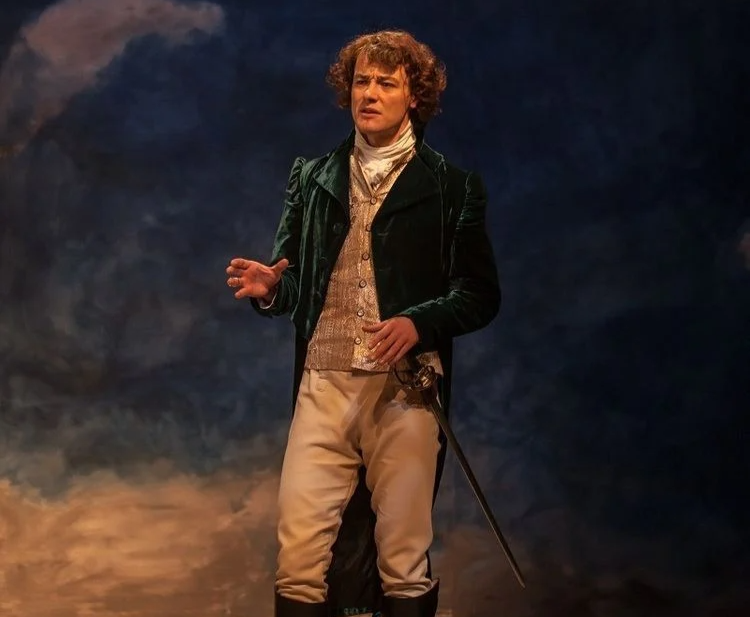
Sebastian, Viola's twin brother in "Twelfth Night," is shipwrecked and believed to be dead by his sister. His arrival in Illyria leads to a series of mistaken identities, culminating in his unexpected marriage to Olivia. Sebastian's presence highlights themes of identity, reunion, and the confusion of appearance versus reality.
Key Moments in the Play
- Survival and Arrival (Act 2, Scene 1): Sebastian is rescued by Antonio and reveals his grief over losing Viola.
"My stars shine darkly over me; the malignancy of my fate might perhaps distemper yours." (Act 2, Scene 1)
- This moment establishes Sebastian's sorrow and foreshadows his role in the mistaken identity plot.
- Encounter with Olivia (Act 4, Scene 1): Olivia mistakes Sebastian for Cesario and expresses her affection.
"If it be thus to dream, still let me sleep!" (Act 4, Scene 1)
- Sebastian's bewilderment and quick acceptance of Olivia's love highlight the play's theme of improbable occurrences.
- Marriage to Olivia (Act 4, Scene 3): Sebastian agrees to marry Olivia, cementing the mistaken identity.
"I'll follow this good man and go with you; And, having sworn truth, ever will be true." (Act 4, Scene 3)
- This signifies the resolution of the confusion and the beginning of a new union.
Key Themes
- Identity and Disguise: Sebastian's resemblance to Viola confuses and drives the plot's mistaken identities.
- Reunion and Resolution: His reunion with Viola in Act 5 resolves many misunderstandings and brings a sense of closure.
- The Unpredictability of Fate: Sebastian's unexpected survival and swift marriage to Olivia underline the play's exploration of chance and fortune.
Key Quotes
"My stars shine darkly over me; the malignancy of my fate might perhaps distemper yours."(Act 2, Scene 1)
- Sebastian reflects on his misfortune and expresses concern for Antonio.
- This quote establishes Sebastian's sense of doom and foreshadows the dramatic turn his story will take.
"If it be thus to dream, still let me sleep!" (Act 4, Scene 1)
- Sebastian reacts to Olivia's sudden affection, mistaking her for being Cesario.
- The quote highlights Sebastian's disbelief and acceptance of his new reality, emphasizing the play's whimsical nature.
"I'll follow this good man and go with you; And, having sworn truth, ever will be true." (Act 4, Scene 3)
- Sebastian agrees to marry Olivia, embracing his new fate.
- This quote signifies Sebastian's readiness to commit and the culmination of the mistaken identity plot.
"You are betrothed both to a maid and man." (Act 5, Scene 1)
- Sebastian and Viola's reveal to Olivia.
- This underscores the final resolution of mistaken identities and the reunion of siblings.
Malvolio
Overview
Malvolio, the steward of Olivia's household in "Twelfth Night," is characterized by his self-importance and ambition. His puritanical demeanour and aspirations for social advancement make him the target of a cruel prank by other characters, which leads to his downfall. Malvolio's character explores themes of social ambition, deception, and the nature of folly.
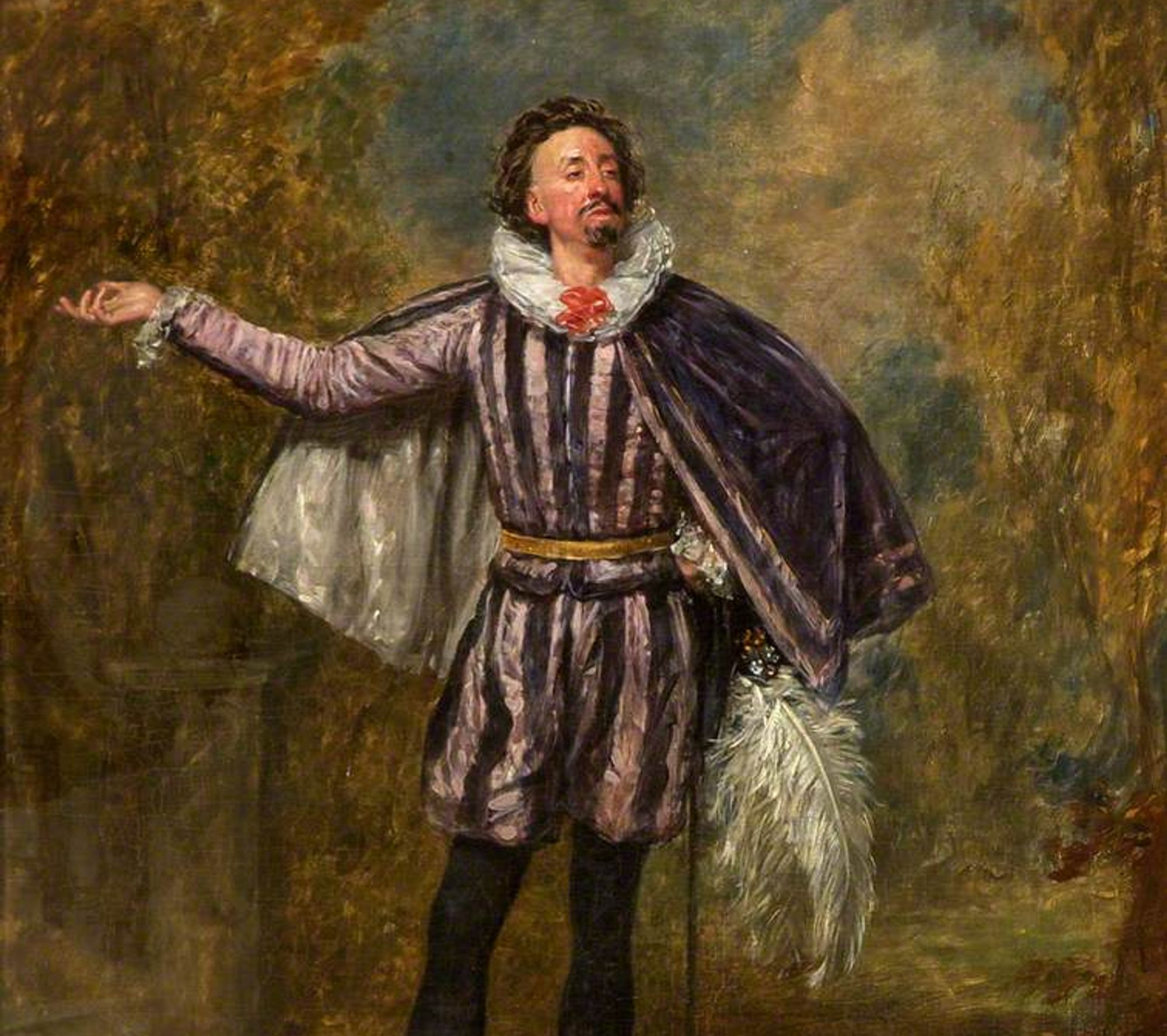
Key Moments in the Play
- Criticizing Feste (Act 1, Scene 5): Malvolio disapproves of Feste's jesting, revealing his disdain for merriment.
"Yes, and shall do till the pangs of death shake him: Infirmity, that decays the wise, doth ever make the better fool." (Act 1, Scene 5)
- This quote highlights Malvolio's puritanical and condescending nature.
- Reading the Fake Letter (Act 2, Scene 5): Malvolio finds and interprets Maria's forged letter, believing Olivia loves him.
"Some are born great, some achieve greatness, and some have greatness thrust upon 'em." (Act 2, Scene 5)
- This moment shows Malvolio's ambition and self-deception, leading to his comedic downfall.
- Imprisonment and Madness (Act 4, Scene 2): Malvolio is locked in a dark room, convinced he is mad.
"I say, this house is as dark as ignorance, though ignorance was as dark as hell." (Act 4, Scene 2)
- This highlights the cruelty of the prank and Malvolio's helplessness.
- Vowing Revenge (Act 5, Scene 1): Malvolio swears to take revenge on those who wronged him.
"I'll be revenged on the whole pack of you!" (Act 5, Scene 1)
- This quote underscores Malvolio's enduring bitterness and sense of injustice.
Key Themes
- Social Ambition and Class: Malvolio's desire to rise above his station and marry Olivia reflects themes of social mobility and aspiration.
- Deception and Cruelty: The prank played on Malvolio reveals the darker side of human nature and the potential for cruelty in deception.
- Folly and Self-Deception: Malvolio's delusions of grandeur and self-deception make him a figure of ridicule and highlight the theme of folly.
Key Quotes
"Yes, and shall do till the pangs of death shake him: Infirmity, that decays the wise, doth ever make the better fool." (Act 1, Scene 5)
- Malvolio criticizes Feste's role as a fool.
- This quote demonstrates Malvolio's disdain for frivolity and his self-righteous attitude.
"Some are born great, some achieve greatness, and some have greatness thrust upon 'em." (Act 2, Scene 5)
- Malvolio reads the forged letter, believing Olivia loves him.
- This highlights Malvolio's ambition and the extent of his self-deception, setting the stage for his downfall.
"I say, this house is as dark as ignorance, though ignorance were as dark as hell." (Act 4, Scene 2)
- Malvolio laments his imprisonment, believing he is being punished unjustly.
- The quote underscores the cruelty of the prank and Malvolio's suffering, revealing the play's darker undertones.
"I'll be revenged on the whole pack of you!" (Act 5, Scene 1)
- Malvolio swears vengeance on those who tricked him.
- This quote captures Malvolio's bitterness and unresolved anger, contrasting with the play's otherwise comedic resolution.
Captain
Overview
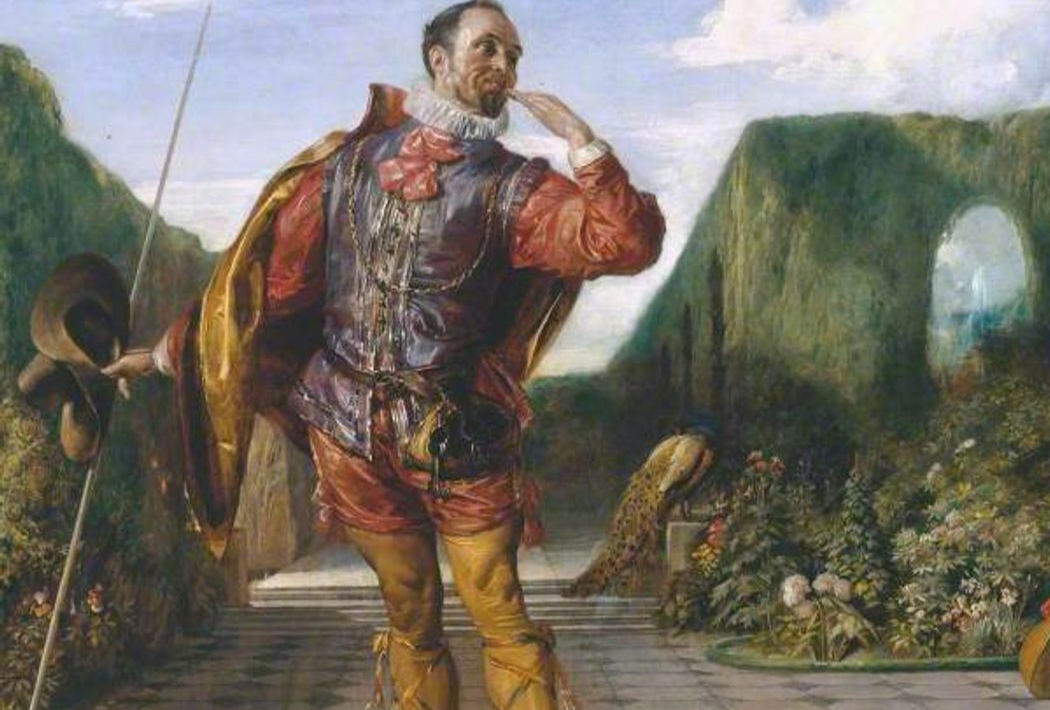
The Captain in "Twelfth Night" is a minor character who plays a crucial role in the early part of the play. He rescues Viola after the shipwreck and helps her disguise herself as Cesario, setting the stage for the play's central conflicts and themes of disguise and mistaken identity.
Key Moments in the Play
- Rescuing Viola (Act 1, Scene 2): The Captain saves Viola from the shipwreck and informs her about Illyria.
"And what should I do in Illyria? My brother he is in Elysium." (Act 1, Scene 2)
-
This moment establishes the Captain as a trustworthy and helpful character, aiding Viola in her time of need.
-
Assisting Viola's Disguise (Act 1, Scene 2): The Captain helps Viola plan her disguise as Cesario to serve Duke Orsino.
"Be you his eunuch, and your mute I'll be: When my tongue blabs, then let my eyes not see." (Act 1, Scene 2)
- This demonstrates the Captain's loyalty and resourcefulness, crucial to the plot's development.
Key Themes
- Loyalty and Trust: The Captain's unwavering support for Viola highlights themes of loyalty and trustworthiness.
- Disguise and Identity: By helping Viola disguise herself, the Captain directly contributes to the play's exploration of identity and disguise.
- Survival and Adaptation: The Captain's quick thinking and assistance to Viola illustrate themes of survival and adaptation in a foreign land.
Key Quotes
"And what should I do in Illyria? My brother he is in Elysium." (Act 1, Scene 2)
- Viola laments her lost brother, and the Captain provides information about Illyria.
- This quote sets up the initial conflict and the Captain's role in guiding Viola.
"Be you his eunuch, and your mute I'll be: When my tongue blabs, then let mine eyes not see." (Act 1, Scene 2)
- The Captain assures Viola of his loyalty and promises to keep her secret.
- This highlights the Captain's trustworthiness and sets the stage for Viola's disguise, pivotal to the play's plot.
500K+ Students Use These Powerful Tools to Master Character Analysis For their A-Level Exams.
Enhance your understanding with flashcards, quizzes, and exams—designed to help you grasp key concepts, reinforce learning, and master any topic with confidence!
60 flashcards
Flashcards on Character Analysis
Revise key concepts with interactive flashcards.
Try English Literature Flashcards6 quizzes
Quizzes on Character Analysis
Test your knowledge with fun and engaging quizzes.
Try English Literature Quizzes29 questions
Exam questions on Character Analysis
Boost your confidence with real exam questions.
Try English Literature Questions27 exams created
Exam Builder on Character Analysis
Create custom exams across topics for better practice!
Try English Literature exam builder12 papers
Past Papers on Character Analysis
Practice past papers to reinforce exam experience.
Try English Literature Past PapersOther Revision Notes related to Character Analysis you should explore
Discover More Revision Notes Related to Character Analysis to Deepen Your Understanding and Improve Your Mastery
